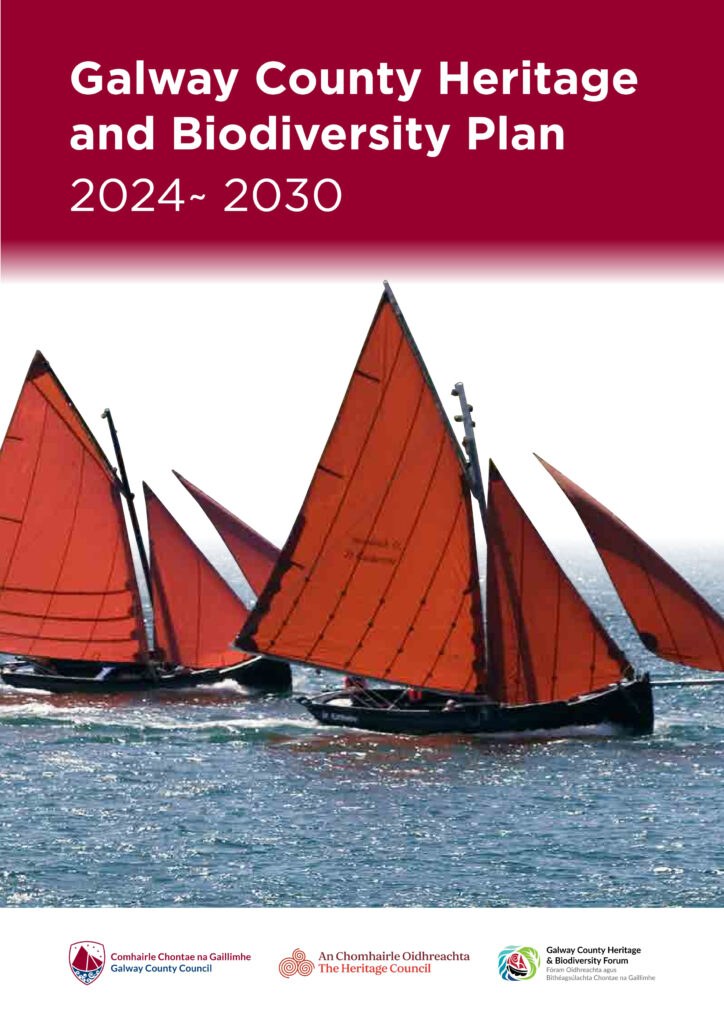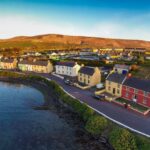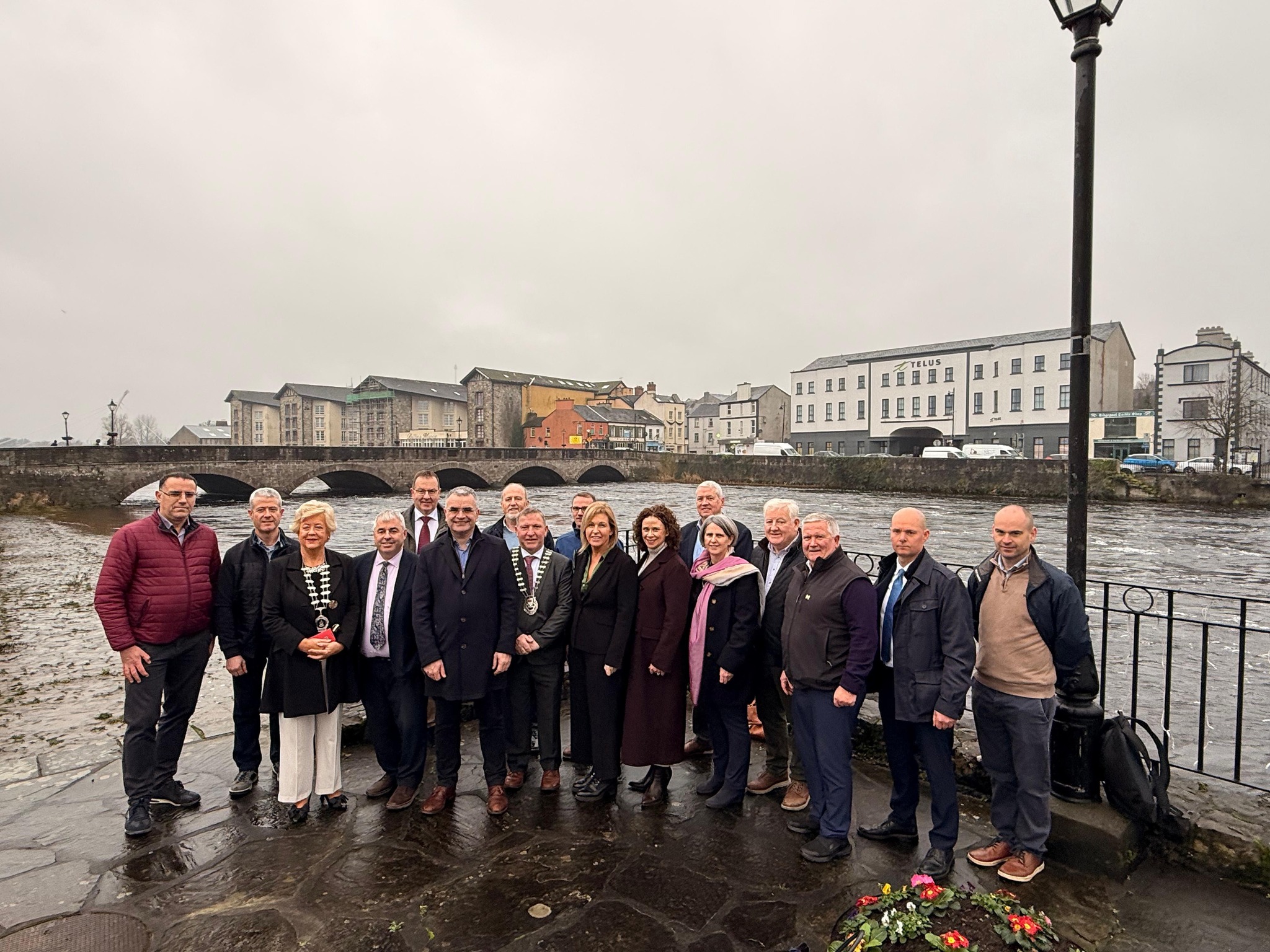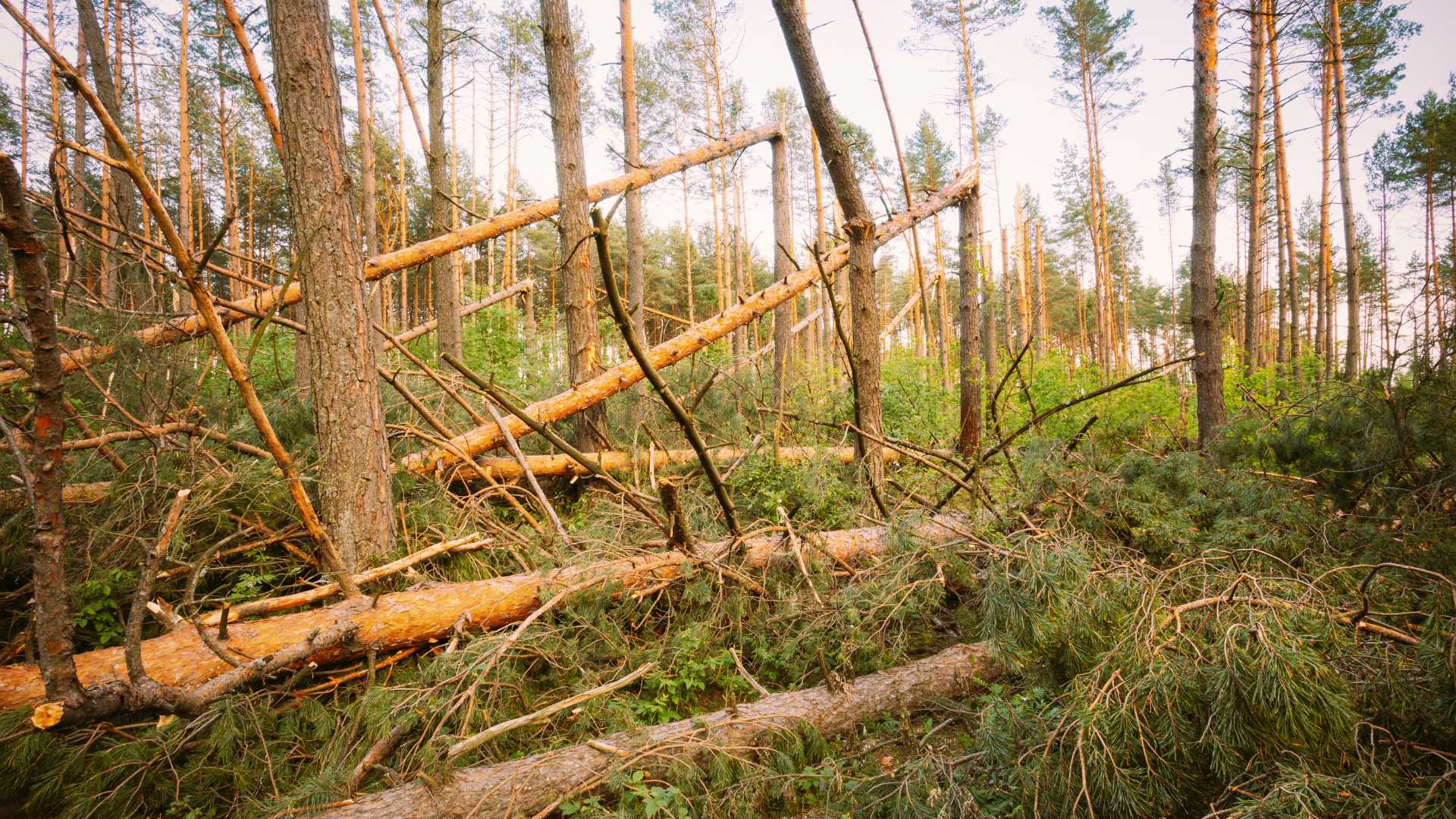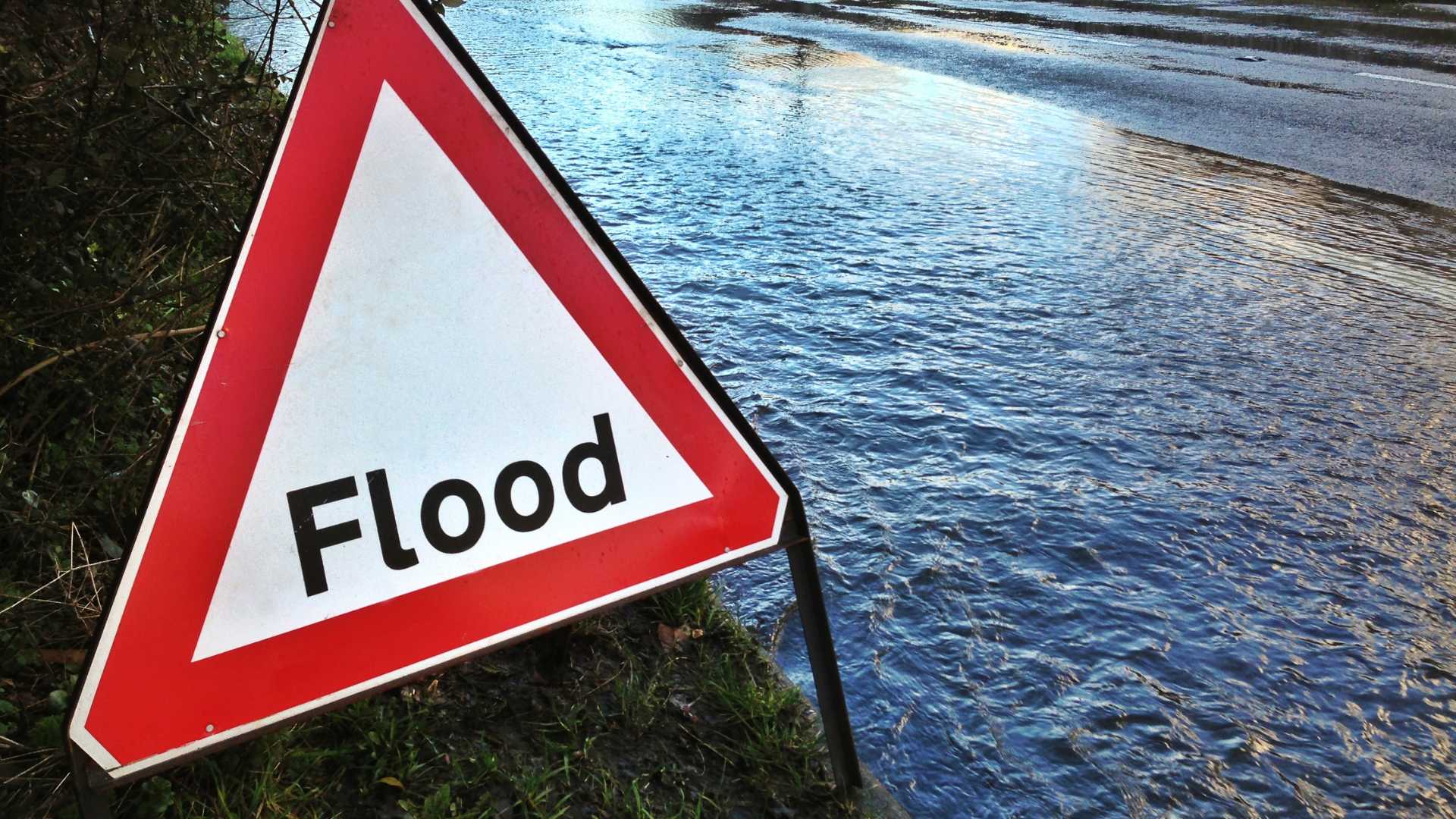
Heritage and Nature at Heart of Galway’s New Conservation Plan
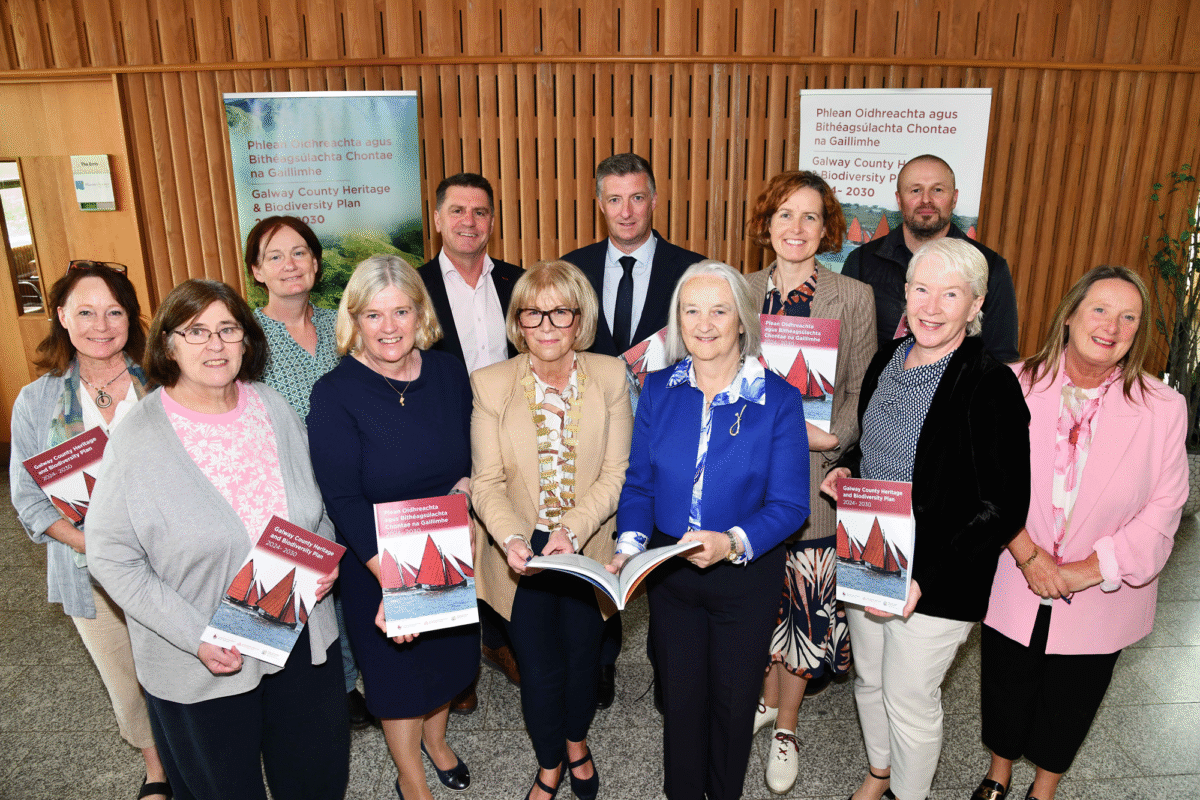
Galway County Council has unveiled an ambitious new strategy to protect and enhance the county’s rich built, natural, and cultural heritage over the next six years.
Launched today at the Marine Institute in Rinville, the Galway County Heritage and Biodiversity Plan 2024–2030 sets out a comprehensive roadmap to tackle pressing challenges including climate change, biodiversity loss, and the need for stronger community-led heritage preservation. Notably, it is the only plan of its kind in Ireland to fully integrate biodiversity and heritage into a single, unified action framework.
Developed in partnership with the Galway County Heritage & Biodiversity Forum and The Heritage Council, the plan identifies key priorities such as conducting a full biodiversity audit of Council-owned lands, updating the county’s Invasive Alien Species Strategy, and drafting a countywide Tree and Hedgerow Management Plan.
It also places strong emphasis on protecting sensitive ecosystems — including peatlands and marine habitats — and promoting biodiversity education through training initiatives delivered with the Public Participation Network (PPN).
On the built heritage front, the plan aims to safeguard Galway’s architectural and archaeological assets by encouraging best conservation practices, fostering community engagement, and ensuring legislative compliance. It also focuses on increasing public awareness and education, while promoting collaborative efforts to manage heritage sustainably.
The cultural heritage component of the plan seeks to empower local communities to engage actively with their heritage. Actions include digitising cultural heritage records, supporting community-led arts and oral history projects, and increasing investment in staff and funding to grow the sector over time.
The Council’s previous plan (2017–2022) delivered several acclaimed projects, including the Digitising Galway’s Graveyard Heritage initiative, which made over 40,000 burial records publicly accessible online. Other successes included a countywide audit of Holy Wells, a Barn Owl Conservation project that marked the first signs of the species’ recovery in five decades, and the development of a masterplan for Galway’s oral heritage.
The Council also backed Féile na gCloch (“Festival of Stone”) on Inis Oírr, celebrating traditional stonework craftsmanship.
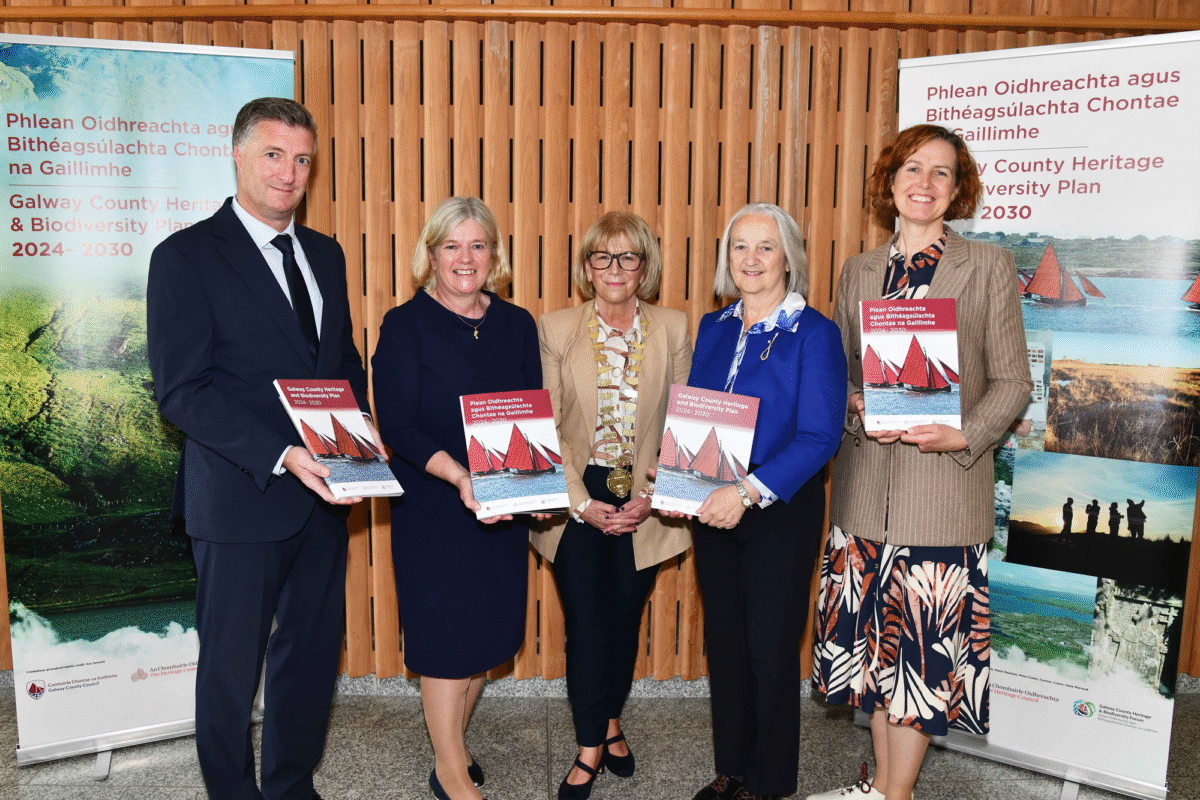
The plan was developed with input from members of the Galway County Heritage & Biodiversity Forum, which includes representatives from Galway Roscommon Education Training Board, Údarás na Gaeltachta, the National Monuments Service, Transport Infrastructure Ireland, the Local Authority Waters Programme, INSIGHT at the University of Galway, the National Parks & Wildlife Service, BirdWatch Ireland, BurrenBeo, and Galway City Museum. Advisory support was provided by external experts Maria Hitchcox (artist), Sheila Murphy (ecologist), Eimear O’Connell (heritage specialist), and Zena Hoctor (heritage consultant).
Galway County Council has positioned this integrated strategy as a model for sustainable heritage and biodiversity management — one that recognises the vital role of communities, science, and culture in shaping the county’s future.
